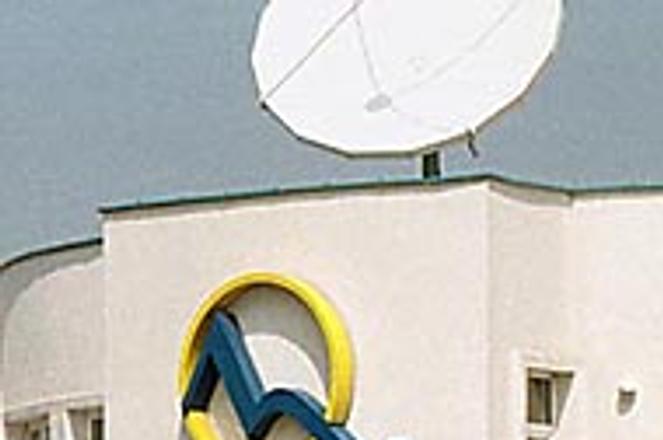Pavol Rusko's TV station has been accused of bias in separate reports in the last two months.photo: TASR
The Slovak Licence Council is to take action against the country's biggest TV station for bias in favour of its owner's political party.
The Council Chairman, Peter Kováč, told The Slovak Spectator November 5: "We carried out our own monitoring in August and found that in news and news feature pieces on TV Markíza, Pavol Rusko's station, there was a bias towards his Ano party. Therefore we have decided to start administrative proceedings."
But the council will not be issuing a fine or revoking the station's broadcasting licence, he added.
The action is the first against Markíza, which has a viewership share of between 50% and 75% according to various studies, since the formation of Rusko's Ano party in May this year.
It also comes amid mounting evidence from media watchdogs that Rusko is abusing his media empire, which includes magazines, a radio station and a national daily newspaper, to promote his politics.
Rusko declined to respond to questions from The Slovak Spectator, but speaking on his own TV station November 4 he said: "I will be interested to see what the actual monitoring of the licence council will be. But what I am convinced of is that the same criteria must be applied to all broadcasters."
He also rejected suggestions that his media outlets had any bias towards his party and criticised the monitoring methods used by the council and another independent media watchdog, Memo 98.
"The problem lies in the methodology. Until now the council and Memo have used methodology in which when a minister appears that airtime is not counted as airtime for the party he represents. It is not a true reflection.
"Since May, Ano and Markíza have been monitoring how often party members appear in news broadcasts. From the entire six months we have counted 19 minutes in which Ano party members have appeared. That is three minutes per month," Rusko said.
The Licence Council has said it will release the full results of its monitoring only after the administrative proceedings have been carried out. Kováč said the station would not receive a fine but could instead face a warning - the stiffest punishment Markíza can receive in this case.
"Under our laws we must first give a warning, then we can make a TV station broadcast that warning and then after that impose a fine," said Kováč.
A representative of Memo 98 said he was unsurprised the council had taken action.
"I wasn't surprised. Even politicians like Robert Fico, the Smer party leader, have been saying the same kind of things as our studies - that the coverage wasn't balanced. They have obviously done their own monitoring and decided it's time to take some action against Markíza," said Rastislav Kužel, head of the media monitoring group.
The group released its own study on Markíza at the end of September. The report found excessive airtime had been given to Ano in Markíza news broadcasts since its foundation until September.
It also showed the party had been presented positively in almost all news spots. Other parties had been presented either neutrally or negatively. Ano received twice as much broadcast time as another non-parliamentary party, Smer.
This was followed two weeks later by a study by the Broadcast and Transmission Council monitoring radio stations. It found that Radio Okey, part of Rusko's media group, had given excessive broadcast space to Ano.
Rusko rejected both studies as inaccurate and based on poor methodology.
Memo representatives said that with 11 months left until the next parliamentary elections it was hard to predict if the warning would affect TV Markíza's broadcasting.
"Will it get worse as elections come closer? It's impossible to tell, but things may change with this decision by the council. Rusko may become more sophisticated," said Kužel.


